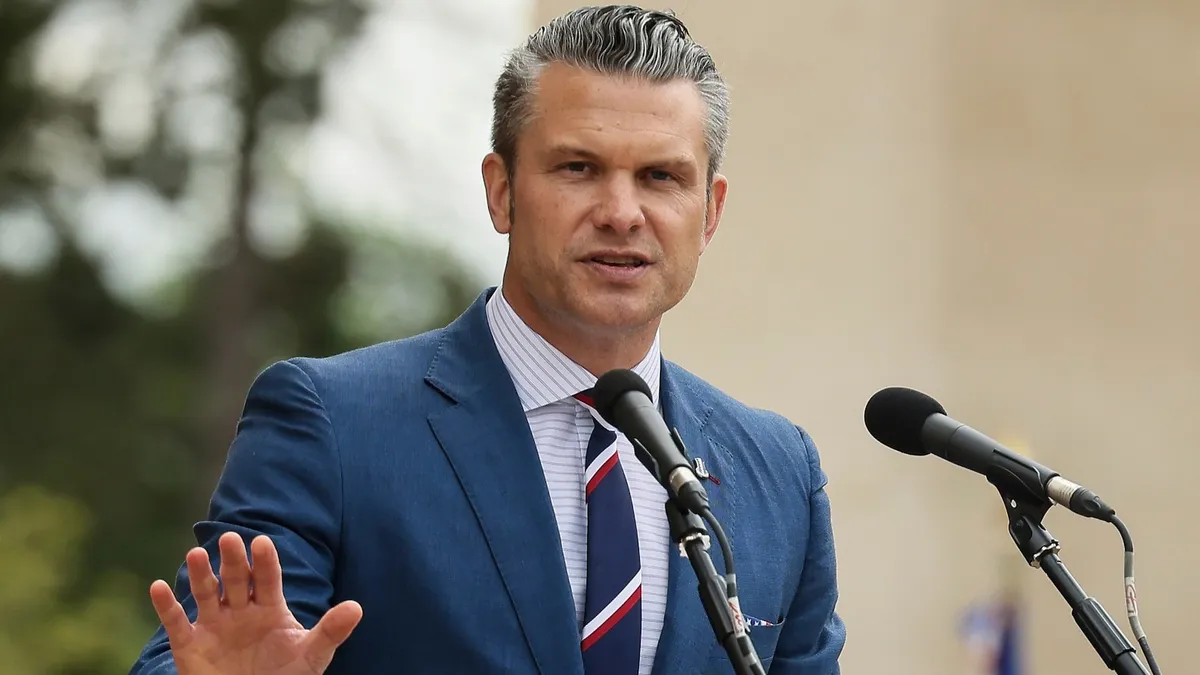
The Pentagon is currently conducting an investigation into whether Department of Defense Secretary Pete Hegseth personally authored text messages that outlined the military’s plans to target Houthi positions in Yemen. This inquiry is gaining attention as it raises significant questions about the handling of classified information within the Department of Defense.
According to sources familiar with the ongoing probe, the Defense Department’s Office of Inspector General has been interviewing both current and former staff members of Hegseth for several weeks. The primary aim is to determine how sensitive strike details from a classified system were shared on the commercial messaging app Signal. This investigation underscores the importance of maintaining the integrity of classified communications in military operations.
Mollie Halperin, a spokesperson for the DOD IG, stated, “This is one of the DOD IG’s ongoing projects, and in accordance with our policy, we do not provide the scope or details to protect the integrity of the process and avoid compromising the evaluation.” This statement highlights the sensitivity surrounding the investigation and the necessity for confidentiality.
The controversial details were reportedly shared in two separate chat groups that included Secretary Hegseth. One group consisted of high-ranking officials, including Vice President JD Vance, while the other included Hegseth's wife, Jennifer Hegseth, who is not a government employee. The nature of these communications raises further questions about the appropriateness of sharing classified information with individuals outside official channels.
As the investigation progresses, it remains uncertain when the findings will be released. Secretary Hegseth is scheduled to testify for the first time as defense secretary on Tuesday, where he is expected to face questions from Democratic lawmakers regarding his management of classified information and sensitive military details.
Interestingly, the sharing of details in question reportedly took place around mid-March, coinciding with a period when key members of President Donald Trump's National Security Council, including Hegseth, accidentally disclosed information about a missile strike in Yemen to the editor-in-chief of The Atlantic. This incident raises concerns about the protocols in place for handling and disseminating classified information within the government.
Moreover, it has come to light that much of the same content was also shared in the second encrypted chat group, which Hegseth established on his personal phone during his confirmation process. Investigators are not only trying to determine whether the information was classified and who authored it, but they are also looking into whether any staff members were instructed by Hegseth or others to delete messages. This aspect of the investigation is crucial, as the government is legally obligated to preserve federal communications as official records.
The ongoing investigation into Secretary Pete Hegseth and the sharing of classified military plans is a developing story that could have significant implications for the Department of Defense and its protocols surrounding information security. As the inquiry unfolds and Hegseth prepares for his testimony, the outcome will be closely watched by lawmakers and the public alike.